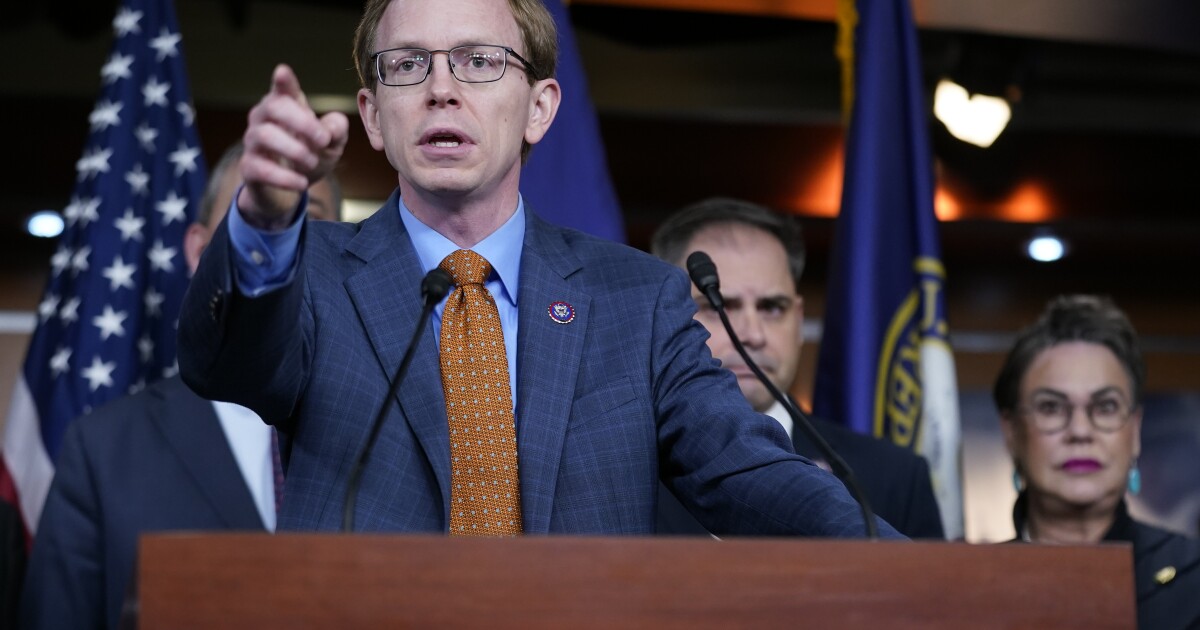

Representatives for the Republican Main Street Caucus and the House Freedom Caucus have come to an agreement on a stop-gap measure to keep the government funded, getting past a major hurdle for House Republicans in the appropriations process.
According to a source with direct knowledge, the two caucuses agreed to a 31-day continuing resolution that includes all of the House’s border security bill passed earlier this year — except for the E-verify provisions, which rural Republicans are against.
WHAT HAPPENS DURING A GOVERNMENT SHUTDOWN, AND WHO IS AFFECTED?
It will also include some border security provisions that are in the Homeland Appropriations Bill, which the Washington Examiner previously reported on. In the continuing resolution, the Department of Defense and Military Construction and Veteran Affairs appropriations bills will be funded at the current fiscal year 2023 levels, where everything else will receive an 8% cut, according to the source.
The deal also includes a commitment to vote on the defense appropriations bill this week, the source said. The House had to punt on the defense funding bill last week due to conservative holdouts threatening to block the bill.
The deal was negotiated by Reps. Chip Roy (R-TX), Scott Perry (R-PA), and Byron Donalds (R-FL) from the Freedom Caucus, and Reps. Dusty Johnson (R-SD), Kelly Armstrong (R-ND), and Stephanie Bice (R-OK) from the Main Street Caucus, according to a source with direct knowledge of the talks.
“Congress needs to keep the government open and secure the border,” Johnson told the Washington Examiner. “These are issues that united the 6 negotiators, and should unite the conference.”
Many in the Freedom Caucus have in the past expressed their reluctance to support a continuing resolution unless it included conservative priorities, such as the ones laid out in the House’s border security bill, known as H.R. 2. Now that they have come to an agreement, this will allow the House to potentially pass the framework and put the pressure on the Senate.
As the Washington Examiner has previously reported, the two caucuses have been negotiating since Tuesday on a way to include H.R 2 into a stop-gap funding measure as a way to keep the government funded after Oct. 1.
According to another source with direct knowledge of the talks, not all Freedom Caucus members are on board yet, but with Donalds as the lead sponsor of the bill, they will be working to win over the holdouts and are confident they will get there.
CLICK HERE TO READ MORE FROM THE WASHINGTON EXAMINER
While the measure faces a tough road ahead in the Democrat-controlled Senate and the White House, it provides Congress a framework to work with ahead of the Sept. 30 deadline.
The government is set to run out of money on Oct. 1, which would cause a government shutdown. And with both the House and the Senate unlikely to pass all 12 appropriations bills before the end of the month, a continuing resolution is the only way to avoid a shutdown.





